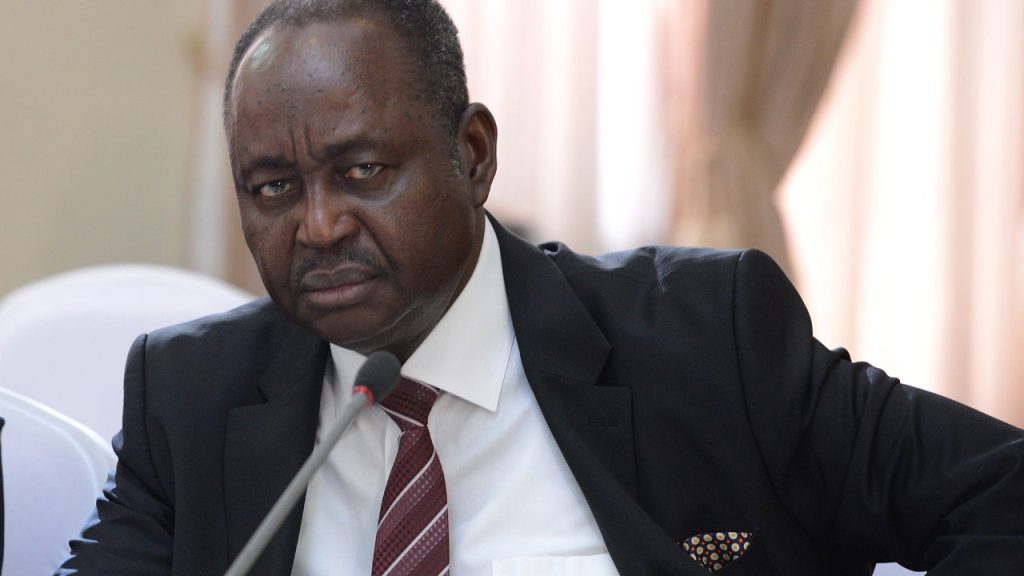A court in the Central African Republic issued an international arrest warrant for former president François Bozizé for human rights abuses committed from 2009 to 2013. The Special Criminal Court in Bangui was established to try war crimes and human rights abuses that occurred during the unrest in the country. The warrant accuses Bozizé of crimes committed under his leadership at a civilian prison and military training center, where many people were tortured and killed. Bozizé currently lives in exile in Guinea-Bissau, where the president stated that he has not received any request for extradition from Bangui.
Ibrahim Nour, whose father was a victim of torture and killing at the Bossembélé prison, welcomed the arrest warrant. He expressed his belief in eventual justice for the perpetrators of these crimes, including those responsible for his father’s death. The establishment of the Special Criminal Court in 2015 was seen as a significant step towards justice for victims of serious crimes in the Central African Republic. The issuance of the arrest warrant for Bozizé is considered a high-profile development by experts in international criminal law, signifying the court’s commitment to prosecuting state wrongdoing.
François Bozizé came to power through a coup in 2003 and was later ousted by Seleka rebels in 2013, sparking a civil war between rebels and Christian militias. The conflict involved sectarian violence, atrocities, and the recruitment of child soldiers. Bozizé faced sanctions from the U.S. and the United Nations for his role in fueling the violence. The UN estimates that the fighting in the Central African Republic has claimed thousands of lives and displaced over a million people, a significant portion of the population. Despite a peace deal reached in 2019, conflict between the government and armed groups continues.
The government reported that around 10,000 children are still fighting with armed groups in the Central African Republic, more than ten years after the onset of the civil war. Members of victim associations, such as Audrey Yamalé from the Association of Victims of the 2013 Crisis, see the international arrest warrant for Bozizé as a positive development. They urge Guinea-Bissau to cooperate in the extradition of the former president to face charges of human rights abuses. The continued presence of child soldiers in armed groups highlights the ongoing challenges in achieving lasting peace and stability in the Central African Republic.
Overall, the issuance of an international arrest warrant for François Bozizé is a significant step towards justice for victims of human rights abuses in the Central African Republic. The court’s actions demonstrate its commitment to holding perpetrators accountable for their crimes. The ongoing conflicts, involvement of child soldiers, and displacement of a significant portion of the population underscore the need for continued efforts to achieve lasting peace in the country. Cooperation between countries in the extradition of individuals accused of crimes is essential for ensuring accountability and building a foundation for reconciliation and healing in the Central African Republic.













